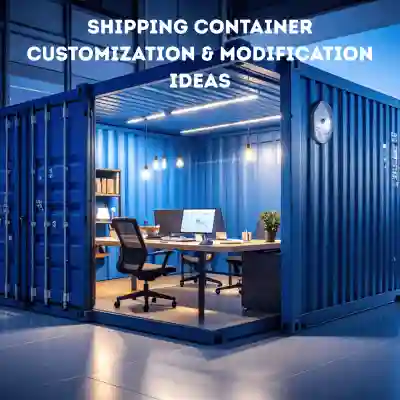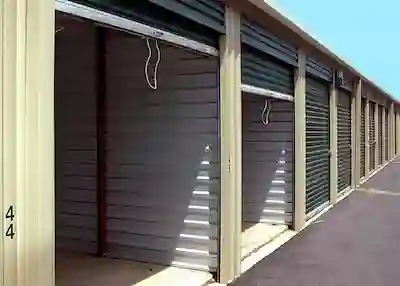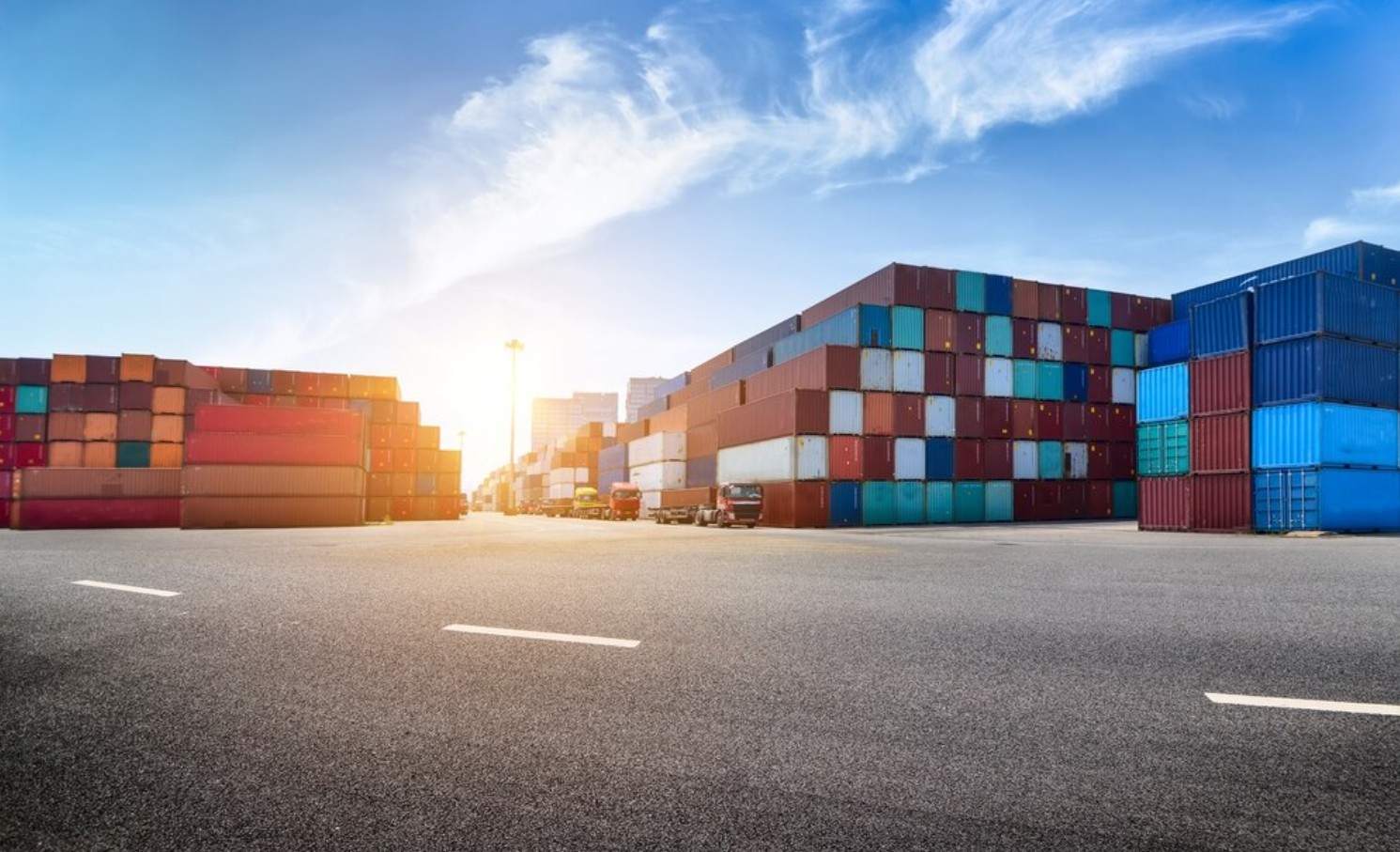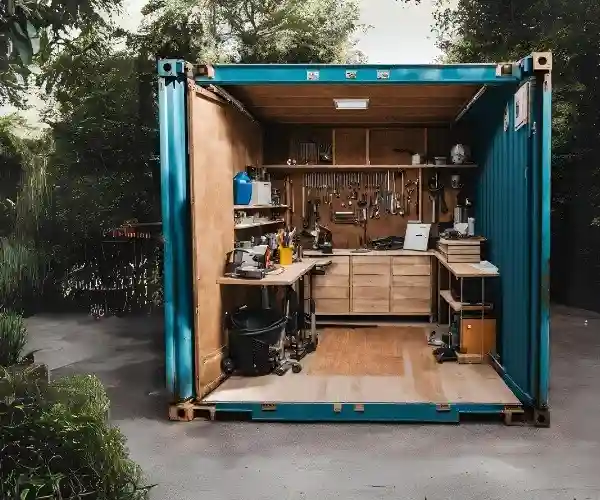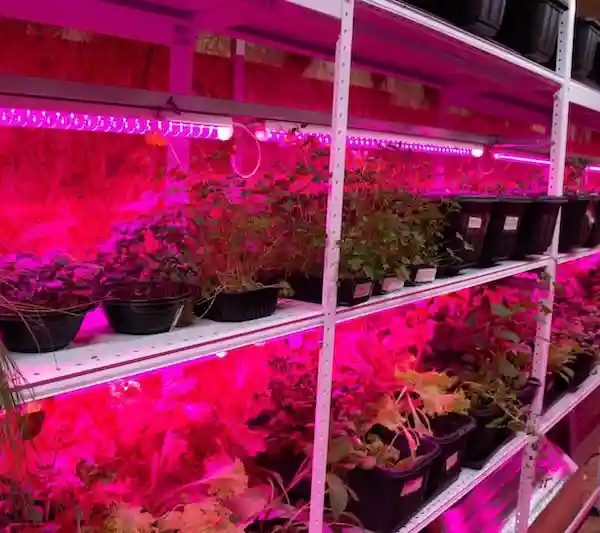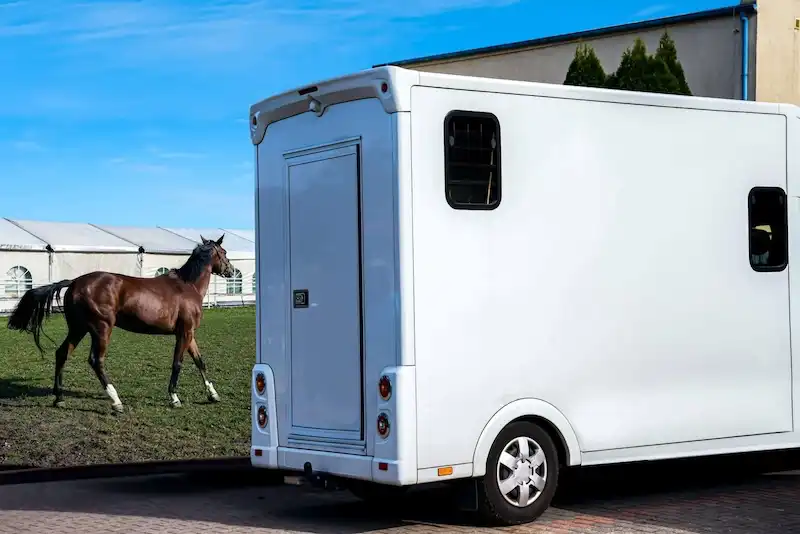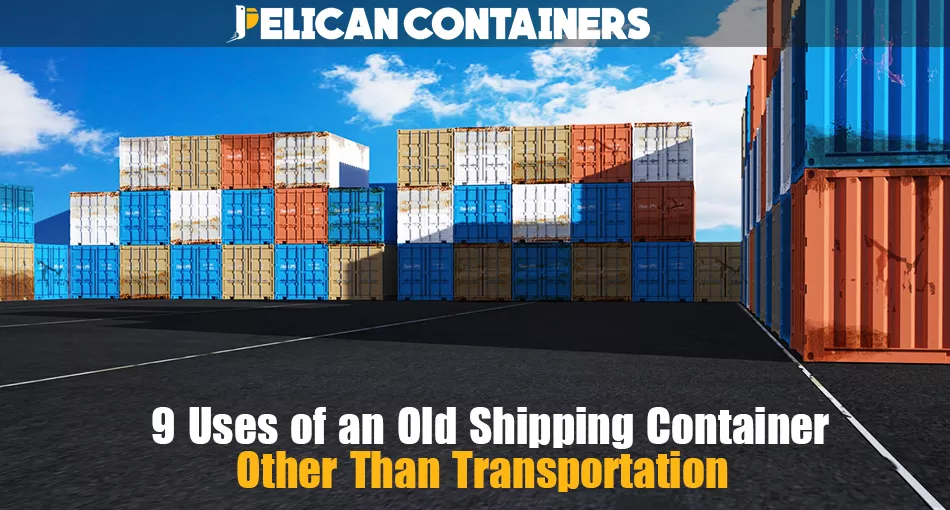Are Shipping Containers the Future for Crop Production?

The world is crushing under the burden of a population explosion. As per the most recent estimate by the United Nations, the current human population stands at 7.9 billion as of July 2022. This massive surge in the number of human beings has adversely impacted the environment in several ways—climate change and the decline in cultivable land are just two of them.
This is indeed a vicious cycle because the above two factors have rendered the Earth incapable of producing food to feed this 7.9 billion!
Now, what is the way out? Surely, population control is the solution; however, this is not going to happen overnight. Meanwhile, experts toy with the idea of alternative farming methods—a few of which, like farming inside discarded shipping containers, have already gained momentum.
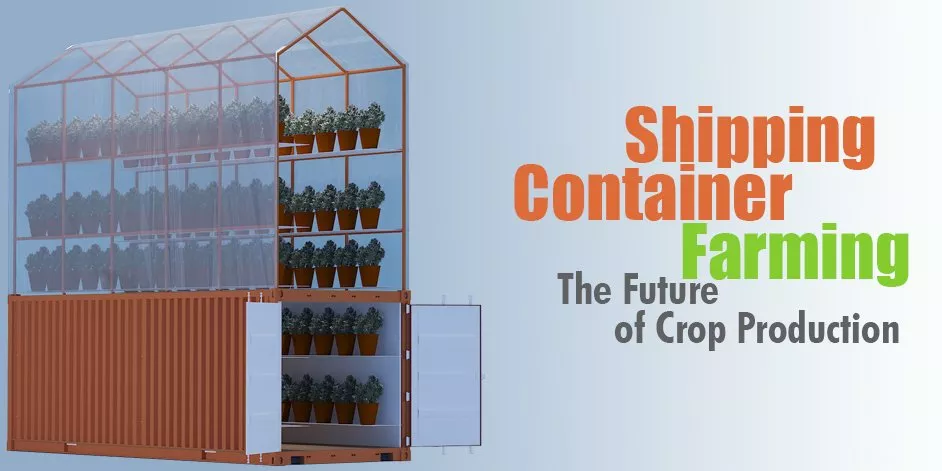
Will Shipping Containers Be Used to Grow Crops in the Future?
The future of shipping container farming is here! Many startups are created specifically to give this industry a boost. Modification of shipping containers for growing herbs, vegetables, and other crops is carried out by giant agricultural companies and small start-ups.
All because this industry has already shown its effectiveness in various tests. For example, growing crops in a container can require up to 30% less fertilizer than growing the same crop on a field. Moreover, water consumption for irrigation is also much less. So, the future of shipping containers for farming has numerous prospects.
Another advantage of shipping containers is their strength and protection from all undesirable weather factors. You can grow crops even within the city, and the container itself will not take up much space and will protect against any unwanted influences.
The improvement of different technologies, including “green” energy sources, allows you to create a unique atmosphere and environment inside the shipping container that is ideal for any kind of plants that you’d want to grow there. All these aspects together made the future of farming in shipping containers possible.
What Types of Containers will be Most Suitable for Growing Crops?
The shipping container farming future may turn out differently. We believe that almost any type of container is suitable for growing plants. For example, 20ft open top shipping containers are an excellent choice that allows sunlight to get inside.
Your choice will rather depend on the area you need to get. So, you might also want to consider 45ft open top shipping containers that will hold more than twice the amount of seedlings or plants you intend to grow. Cube containers don’t make much sense, as 45ft standard shipping containers are just about tall enough for most plants to grow.
Container modifications can also affect the speed and profitability of such a startup, so it is better to think about them. Any container can be modified. So the future trends of container farming depend more on the modifications you suggested rather than on the actual container type.
What is Freight Container Farming and How is it Done?
Container farming refers to growing crops vertically inside a repurposed shipping container within a controlled environment with the help of the latest technology. The farming system adopted here is a hydroponic shipping container, which utilizes nutrient-rich flowing water in place of soil to grow plants. The roots of the plants are either supported in loose gravel or are totally exposed to the water. This type of farming also utilizes strong, sun-simulating light.
It has been reported that a 40ft container can produce crops equivalent to five acres of land. This is indeed a great statistic, keeping in mind the growing demand for food.
Advantages of Hydroponic Container Farming
There are various benefits of farming inside a shipping container. Some are as follows.
Portable
Shipping containers are modular and easy to ship. A farmer can set it up where the equipment is cheapest and then transport it to the farmland on a truck to grow his produce. The process is exceptionally quick, as a farmer doesn’t need to wait to create a greenhouse or find a warehouse.
Compact
Since container farms grow crops vertically using hydroponic shipping container systems, they don’t need much space to operate. Even a moderate-sized backyard can comfortably hold a 20ft container that can grow fresh produce for a family. Similarly, restaurants can grow and use exotic fruits and vegetables without incurring huge costs for import duty. Growing food locally eliminates the need to use preservatives, too.
Freight Container Farms
Freight container farms are also easy to scale since they can be stacked one atop another. This attribute supports the ecology since a large number of forests are destroyed every year to make room for farmlands.
Weatherproof
Since these steel boxes are designed to beat any adverse weather, the crop inside them remains safe even when hurricanes destroy everything else outside. The controlled internal environment also alleviates the challenges farmers frequently face, such as drought, flood, pest infestation, and limited growing season. A controlled climate allows the farmers to grow exotic crops that are otherwise limited only to specific locations.
Abundant; Hence Cheap
Shipping containers are cheaper to replace than to fix. Currently, the world has a total of 17 million containers, out of which 11 million are unused and simply occupying valuable real estate at the dockyards and warehouses. Various people have discovered innovative ways to use these steel boxes—freight container farming is one of them.
The cost of such containers is way less than a piece of land. Oftentimes, owners of the shipping lines sell them in bulk at the rate of scrap.
So, from the above, it is clear that shipping container farming is indeed a good idea. However, like any other type of farming, this type also has its own drawbacks. Shipping containers are originally designed to carry goods and not to grow plants. Hence, substantial operational cost is required to make them crop- and human-friendly. Also, containers are compact. Consequently, any disease or pest infestation can proliferate here. These issues, however, can be easily taken care of if the farm is purposefully designed.
Pelican Containers Offers the Right Containers for Your Business
Excited to start a farm of your own? Contact Pelican Containers for quality used shipping containers at the best prices in your locality. We offer container modifications, too. You can buy a shipping container farm from us as per your specifications.
Regardless of the type of container modification you choose for your farm, Pelican Containers offers the best services for purchasing and delivering any options. Here you will find any possible containers, both new and used, at the best prices. Our managers will not only listen to all your questions, but will also help you pick the most suitable option for your needs! We are confident that the future of container farming can become even more profitable!
Shipping Container Farm | Farming in Shipping Containers is the Future of Crop Production
The current human population stands at 7.9 billion as of December 2020 and poses a serious threat to the availability of adequate food to feed these mouths. With the decline in cultivable land, alternative farming methods, including farming inside repurposed shipping containers, have garnered much interest.
Vanessa is a dedicated writer and content enthusiast at Pelican Containers. With a background in practical writing and a keen eye for clarity, she transforms complex container topics into easy-to-understand and useful content. Her passion lies in exploring the evolving world of container usage — from smart storage hacks to global logistics trends.
When she's not writing, Vanessa loves discovering creative shipping container projects or traveling to find new inspiration.
Explore thoughtful, informative, and accessible content with Vanessa!
Vanessa is a dedicated writer and content enthusiast at Pelican Containers. With a background in practical writing and a keen eye for clarity, she transforms complex container topics into easy-to-understand and useful content. Her passion lies in exploring the evolving world of container usage — from smart storage hacks to global logistics trends.
When she's not writing, Vanessa loves discovering creative shipping container projects or traveling to find new inspiration.
Explore thoughtful, informative, and accessible content with Vanessa!
FAQ
Why is the trend for farming in shipping containers developing?
All because this option of growing plants has shown its profitability. Reduced consumption of fertilizers and watering, the ability to modify the container to grow any plants, and complete protection of the environment from external irritants—these and many other factors make this trend so popular.
What containers are suitable for the new trend of growing crops in shipping containers?
To do this, you can use almost any option from Pelican Containers. 20ft, 40ft, and other shipping containers that can be modified to grow any kind of plant will work great.
Why should farmers pay attention to this trend?
It is because growing plants in shipping containers has already shown its effectiveness. However, new start-ups are emerging and making this process of growing plants even more profitable for farmers.
